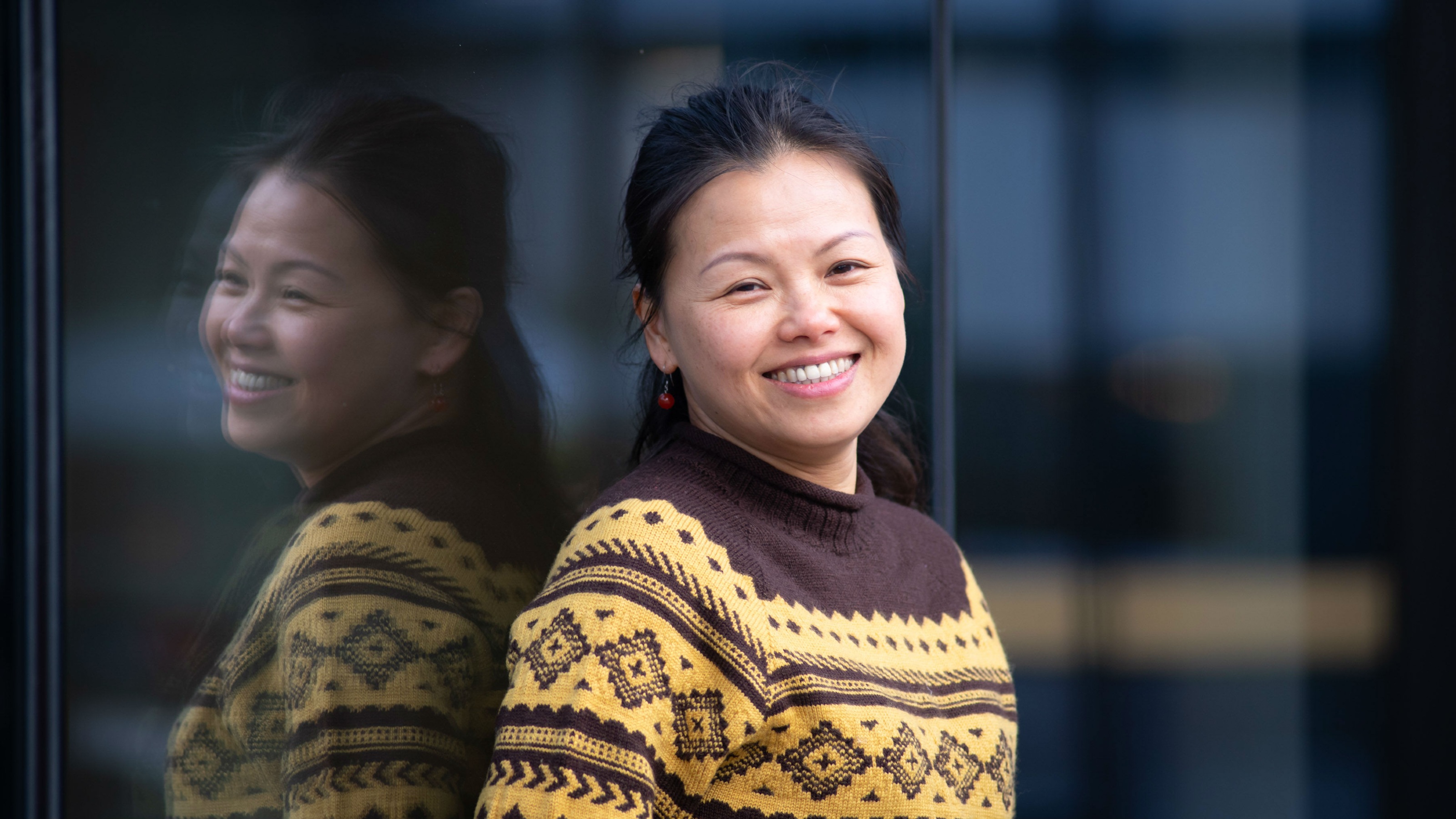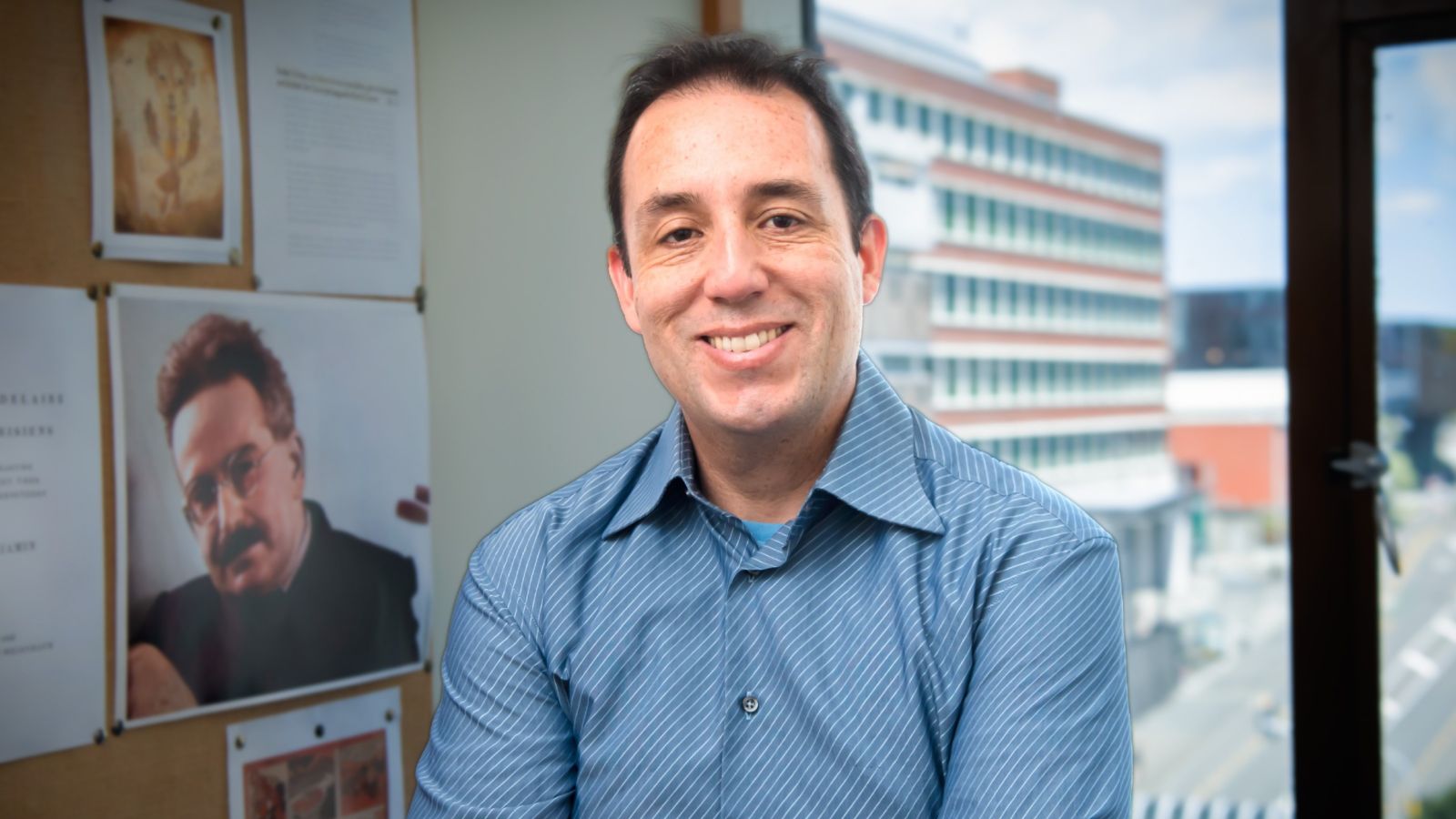Past postgraduate students
Discover our postgraduate students' completed research projects and published research.

Alessandra Giorgioni
Alessandra Giorgioni explored the theories and practices of literary translation as collaborative creative writing.

Anna Gubinskaya
Anna Gubinskaya studied translations of medieval Japanese Literature.

Claudia Jardine
Claudia Jardine studied Anna Komnene and the author of the Alexiad: double consciousness and the construction of the authorial persona.

Dana Guisasola
Dana analysed the representation of the Catalan nation in three novels by the Catalan writer Juan Marsé.

Eilish Draper
Eilish Draper used inscriptions to examine the interaction between mythological evidence and Gaia’s presence in Greek cult.

Eleonora Bello
Eleonora Bello studied the relationship between cultural perceptions of mental disorders and psychiatric experiences.

Emma Powell
Emma Powell explored ‘akapapa’anga—the Cook Islands Māori practice of genealogy making.

Fahim Afarinasadi
Fahim Afarinasadi helped advance multi-modal, cross-cultural translation with a case study in localising football club websites.

Francesca Benocci
Francesca Benocci produced an annotated anthology of contemporary Aotearoa New Zealand women poets translated into Italian.

Jana Loorparg (née Grohnert)
Jana Loorparg (née Grohnert) did research on L2 literary translation.

Jess Marinaccio
Jessica Marinaccio’s research focused on Tuvalu–Taiwan cultural diplomacy through performance.

Johannes Contag
Johannes Contag created an annotated retranslation of the stories of Heinrich von Kleist with a focus on syntactic complexity.

Junrui Lai
Junrui Lai investigated the role of translation in constructing Chinese queer identities.

Lehyla Heward
Lehyla Heward researched Chinese and Korean intellectual history in Manchuria of the 1930s.

Lita Lyu
Lita Lyu investigated film adaptation from a gendered perspective and decoded gender roles and gender relations.

Luc Arnault
Luc Arnault researched loyalty, balance, and creativity in the translation of New Zealand poetry into French.

Manuia Heinrich Sue
Manuia Heinrich Sue's research focussed on multilingualism in Polynesian literature through the study of Tahitian author Célestine Vaite's three novels.

Mauricio López Langenbach
Mauricio López Langenbach explored Walter Benjamin's theories of translation and language.

Mengying Jiang
Mengying Jiang researched English translations of contemporary Chinese women writers.

Min Liu
Min Liu is exploring Rewriting as Reception, Reception as Rewriting: Lin Yutang’s Famous Chinese Short Stories.

Mohsen Kafi
Mohsen Kafi explored the promotion and reception of translated fiction in New Zealand.

Nancy Marquez
Nancy Marquez presented annotated translations of early 17th century letters composed in colonial Mexico.

Nastaran Arjomandi
Nastaran Arjomandi's work engaged with paratext, and the book cover as forms of intersemiotic translation.

Nate Rigler
Nate Rigler’s research project guides readers through complex worlds in which Coconut oil holds different forms of spiritual, cultural and social capital.

Noha Alghamdi
Noha Alghamdi researched the challenges of translating contemporary social media poetry into Arabic, using Rupi Kaur as a case study.

Roger Smith
Roger Smith researched German poetry of the First World War, specifically Julius Bab’s anthology of First World War German poetry.

Rory McKenzie
Rory McKenzie explored the challenges of subtitling humour using Fantozzi (1975) as a case study.

Sarah Mahalli
Sarah Mahalli researched Andean visual culture and counterhegemony in the works of Peruvian writer and anthropologist José María Arguedas.

Patricia Ramsay
Patricia Ramsay analysed twenty-seven selected short stories of the fin de siècle Spanish writer Emilia Pardo Bazán.

Sian Robyns
Sian Robyns explored the use of annotation as a means of communicating the translation process and the role of the translator as writer/interpreter.

Setor Novieto
Setor Novieto researched the theoretical and conceptual issues of Cuban and Ghanaian post-colonial literature.

Vinko Kerr-Harris
Vinko Kerr-Harris examined the impact of cultural exchange between Bronze Age Crete and Pharaonic Egypt upon the development of elite culture in Minoan society.

Ziming Liu
Ziming Liu worked on memory in the aftermath of the Athenian Amnesty.
